B9‑0324/2020
European Parliament resolution on the situation of Ethiopian migrants in detention centres in Saudi Arabia
The European Parliament,
– having regard to its previous resolutions on Saudi Arabia
– having regard to the Universal Declaration of Human Rights, the UN Convention against Torture and Other Cruel, Inhuman or Degrading Treatment or Punishment,
– having regard to the Arab Charter on Human Rights, which contains provisions against arbitrary detention and some procedural safeguards during detention,
– having regard to Rule 144 of its Rules of Procedure,
A. whereas thousands of mainly Ethiopian migrants include pregnant women, children and infants, are being kept in appalling conditions in overcrowded detention centres across Saudi Arabia; whereas the migrants survive in subhuman conditions without adequate access to water and food and in rooms flooded with raw sewage; whereas there have been reported deaths including babies, suicide attempts, and cases of torture and other cruel and inhuman treatment by security guards; whereas access to detention facilities by lawyers and international organizations is severely restricted;
B. whereas Ethiopia’s Consul General has recognized that dozens of prisons are housing Ethiopians and that about 16,000 Ethiopian migrants are being held at just one detention centre at Al Shumasi;
C. whereas after the public complaints, migrants have been beaten brutally by prison guards; whereas since June, Ethiopian government warned Ethiopians of “legal repercussions” if they continued to upload photos and videos from the detention centres on social media;
D. whereas over the last decade tens of thousands of Ethiopians have made their way to Saudi Arabia, in a bid to escape poverty, drought, and human rights abuses; whereas this migration route is one of the most dangerous in the world, where hundreds of people die every year; whereas they are victims of exploitation, violence, kidnapped, and human trafficking; whereas migrant women also face gender-based violence; whereas on the border with Saudi Arabia they are victims of violence and in many cases, mass arrests;
E. whereas Saudi Arabia has long been reliant on migrant labour from Africa and Asia; whereas in June 2019, an estimated 6.6m foreign workers made up about 20% of the Saudi Arabia’s population, most occupying low paid and often physically arduous jobs; whereas African migrants complain of exploitation, sexual and racial abuse, and confiscation of their passports by their employers; whereas the treatment of many migrant workers is deeply worrying, in particular of those working in the building sector or as domestic workers where working conditions are similar to slavery and include child labour;
F. whereas in November 2017, Saudi Arabia launched a campaign targeting migrants accused of violating residential, border security and labour regulations and laws; whereas in September 2019, authorities announced that the campaign had netted over 3.8 million arrests and had referred over 962,000 individuals for deportation; whereas about 380,000 Ethiopians, were deported from Saudi Arabia to Ethiopia between May 2017 and April 2020, according to the IOM; whereas since them, Saudi Arabia is detaining migrants in a range of facilities, including deportation centres, prisons and police stations in where, Ethiopian migrant workers were tortured beaten, denied food or water and chained together in overcrowded;
G. whereas from March 2020, thousands of African migrants in Saudi Arabia were detained in their homes and listed for deportations under the excuse to curb coronavirus spread; whereas almost 3,000 Ethiopians were deported by the Saudi security services back to Ethiopia in the first ten days of April and a leaked UN memo said a further 200,000 were to follow; whereas a moratorium was then placed on the deportations after international pressure;
H. whereas in April 2020, Yemen expelled thousands of Ethiopian migrants from northern Yemen using Covid-19 as a pretext; whereas Saudi officials arbitrarily detained them but none of the detained have been provided with justification for their being held;
I. whereas IOM affirmed that the overcrowded, unsanitary centres raise human rights concerns, and warned they could be a “breeding ground” for fatal diseases;
1. Is deeply appalled by the conditions in which migrants and refugees, are held in Saudi Arabia detention centres, that lack of adequate healthcare, food and proper sanitation conditions;
2. Deeply regrets and rejects the deaths of migrants who were under the custody of the Saudi Arabia authorities and calls to conduct an independent and impartial investigation into all allegations of human rights violations, including firing on migrants at the border and unlawful killings, torture and other ill-treatment during detention and hold all perpetrators to account in fair trials that meet international standards without recourse to the death penalty;
3. Calls on the relevant authorities to end to these appalling practices and to immediately release all detainees, prioritising those in a most vulnerable situation, including women and children; meanwhile, calls on the authorities to guarantee immediately that all detainees have access to basic rights, to allow access for independent health and human rights experts to the centres and to ensure that all detainees have access to legal advice and can apply for judicial review to challenge the lawfulness of their detention;
4. Reminds that the provision of assistance to save lives is a human rights imperative that must be respected at all times and for all people in need; in this regard, pays tribute to individuals and civil society organisations that have been providing migrants with the most basic of rights, such as the rights to water, food, health, adequate shelter and other such assistance;
5. Urges to find non-custodial alternatives for migrants and refugees and rejects in this sense any inhuman or degrading treatment of migrants;
6. Demands that it be guaranteed that there will be no mass returns and that asylum applications will be examined case-by-case; on this sense, strongly opposes the policy of expulsions of migrants and refugees by Saudi Arabia; urges the Saudi authorities to respect the principle of non-refoulement and to speed up the adoption of an asylum policy and a gender-sensitive legislative framework in order to guarantee the security and protection of refugees and asylum-seekers whatever their status;
7. Calls Saudi authorities to engage with Ethiopian authorities, the International Organization for Migration and the UN refugee agency (UNHCR), to arrange for the voluntary return of Ethiopian migrants who remain in detention and assist with their reintegration support in Ethiopia, including psychosocial and mental health services; reminds that OIM considers that any returns should follow strict health protocols, to ensure the safety of migrants, their host communities and communities of origin; considers that UNHCR should have complete access to assess any claim for refugee status and should also assess whether any organized return facilitated by the UN’s humanitarian agencies was voluntary;
8. Calls on the Ethiopian authorities to facilitate the voluntary, safe and dignified repatriation of all Ethiopian migrants as rapidly as possible, and to ensure that consular assistance and visits are available to all detained nationals in Saudi Arabia;
9. Asks the EU and its Member States to support the Ethiopian government in facilitating the voluntary, safe and dignified return of Ethiopian migrants, including through scaling up capacities to host returning migrants, including quarantine facilities, testing, transport to area of origin, and psychosocial support;
10. Stresses further that development aid must not be made conditional on cooperation in migration matters such as border management or readmission agreements;
11. Deeply deplores the destabilising effects of arms sales by some EU Member States, to the Kingdom of Saudi Arabia; again reiterates its call on EU and all its Member States to stop selling, suppling, transferring or exporting any form of arms, security equipment and military aid to Saudi Arabia, given its serious breaches of international humanitarian law committed in Yemen and due to these could be used for internal repression in the country; also calls on the European Union and its Member States to ensure that no jobs will be lose as a result of the implementation of this embargo;
12. Insists on revising Common Position 2008/944/CFSP, in accordance with Article 7 of the Arms Trade Treaty, in order to clarify the legal obligation to refuse an export licence where there is a risk that the military technology or equipment will be used to commit or facilitate serious violations of human rights or international humanitarian law (Article 2.2 of the Common Position) and to include a formal mechanism to monitor Member States’ compliance with Common Position to ensure its rigorous and consistent application;
13. Regrets the lives lost on the migration routes; strongly condemns the militarization and fortification of borders which is pushing migrants to take more dangerous routes and additional risks; Calls for ensuring rights and a save passage to migrants and to facilitate access to asylum and ensure human rights to all migrants;
14. Rejects any defamation against migrants; believes that treating migratory flows from a repressive or criminalizing approach favours xenophobia, hatred and violence;
15. Calls on the Saudi authorities to abolish the kafalah system and to adopt other measures to improve the working conditions and treatment of migrant workers, paying special attention to the situation of women working as domestic helpers, who are at particular risk of sexual violence, and to the eradication of child labour;
16. Calls on Saudi Arabia to ratify the main instruments relevant to migration detention, including the Refugee Convention, the Convention on Statelessness, the International Covenant on Civil and Political Rights, and the Migrant Workers Convention;
17. Instructs its President to forward this resolution to the Council, the Commission, the Vice-President of the European Commission/High Representative of the Union for Foreign Affairs and Security Policy, the governments and parliaments of the Member States, the UN Secretary General, the Office of the UN High Commissioner for Human Rights, the Kingdom of Saudi Arabia, and the President, Government and Parliament of Ethiopia.


